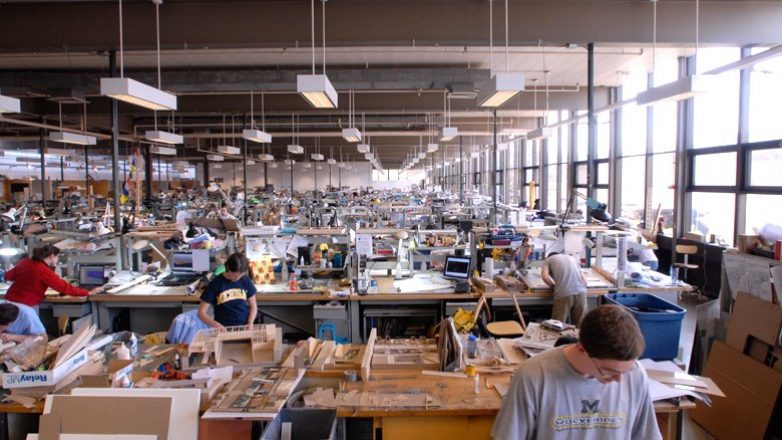The construction industry is antiquated. As a sector, we’ve not invested in, nor capitalised on, the opportunities that technology brings. As a result, our industry is falling behind other sectors.
Here, Toby Harling discusses the challenges of embracing technology in the construction sector, and the opportunities it can offer:
“In 2016, the Farmer Review of the UK construction labour market concluded that the industry must modernise or die. It identified that two-thirds of students polled in 2016 would not consider a career in construction. In the last three years, has anything really changed? And if not, where does the blame lie?
Clearly, the onus is on the construction industry to change and develop – but academic institutions also have a part to play.
From personal experience, current university education focuses on hand drawings and model making. Yes, these are important skills but what our more experienced team lack is an intuitive understanding of the digital world. As professionals, we are hungry to learn about the opportunities that may be unlocked by using different platforms, programmes and data harvesting and feel that school leavers entering architectural education (those who were born into and have grown up in a digitalised world) are best placed to bring new digital skills into the industry.
The increased use of Revit and an increase in BIM enables us to draw data digitally from our projects. A great example of this is PLP’s ‘The Edge’ in Amsterdam’s Business Centre, where the main tenant has set up an ongoing occupancy evaluation that receives feedback in real time. Our clients would benefit immensely from this targeted data. How many people use the facilities? What temperature and humidity do people prefer? When do people move around the buildings? Our challenge is to learn how to harvest this data automatically and recognise the benefits it will bring.
“At Box, we’re seeing a shift towards non-traditional procurement routes and modern methods of construction. There are numerous benefits to this approach, including reduced time on site, reduced waste and increased control of the finished quality. But could this shift be more fundamental? Does it reflect Farmer’s prediction that construction as we know it is dead?”
Toby Harling, Associate, Box Architects
That’s a big question. I believe that any major change in working procedures (such as the digitisation of the industry) will be driven by clients. When it’s proved that offsite construction, a change in procurement strategy and digital harvesting of data drives efficiencies and reduce cost, the inevitable shift towards them will only accelerate.”
